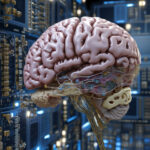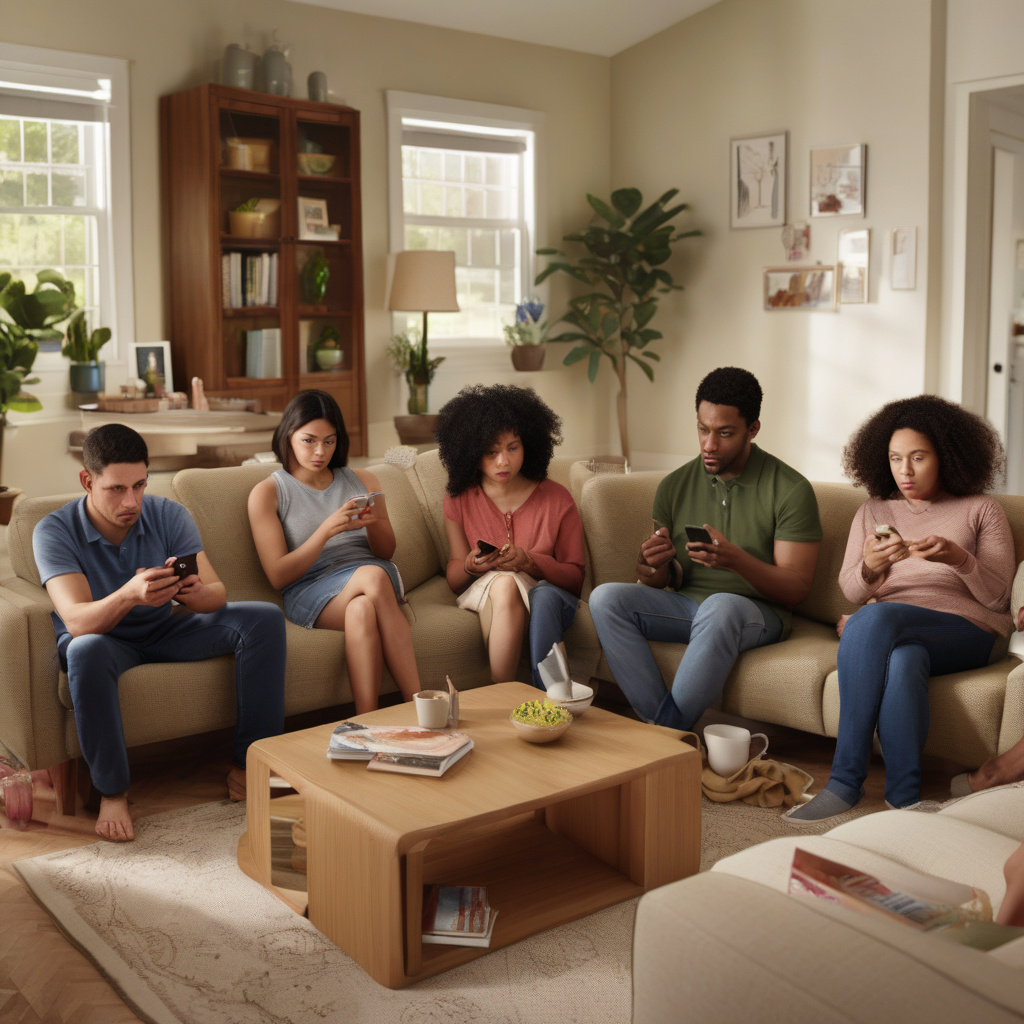AI Impact on Creativity and Human Connections in American Society
Artificial Intelligence (AI) has become a ubiquitous term in modern society, with nearly all American adults being familiar with its existence. However, despite its widespread recognition, there is a growing concern among the populace that AI may have detrimental effects on creativity and human connections. A recent study has revealed that many Americans fear that the rise of AI could potentially weaken these essential aspects of human life.
One of the primary worries surrounding AI is its perceived impact on creativity. Many individuals believe that the reliance on AI technologies may stifle human creativity by automating tasks that were once reserved for human ingenuity. For example, AI algorithms are increasingly being used to generate art, music, and literature, raising concerns about the originality and emotional depth of AI-created content. While AI can certainly augment creative processes by providing new tools and inspiration, there is a prevailing fear that it may ultimately replace human creativity rather than enhance it.
Moreover, the proliferation of AI-driven content raises questions about the authenticity and uniqueness of artistic expressions. Can an AI-generated painting evoke the same emotions as a masterpiece crafted by a human artist? Will AI-written novels resonate with readers on a profound level? These uncertainties underscore the anxieties that many Americans have regarding the impact of AI on creative endeavors.
In addition to concerns about creativity, there is a growing apprehension about the potential erosion of human connections in an AI-driven world. As AI technologies become more sophisticated, there is a fear that they may diminish the quality of interpersonal relationships by reducing genuine human interactions. Social media platforms, chatbots, and virtual assistants powered by AI are already altering the way people communicate and interact, leading to worries about the loss of empathy, intimacy, and authenticity in human connections.
The study further reveals that while Americans are aware of the presence of AI in their daily lives, many doubt their ability to discern AI-generated content from human-created material. This lack of confidence in identifying AI output underscores the importance of transparency in AI applications. Three-quarters of the surveyed individuals emphasized the significance of being able to recognize when content is produced by AI, highlighting the need for clear labeling and disclosure in AI-generated works.
As technology continues to advance at a rapid pace, addressing these concerns surrounding AI’s impact on creativity and human connections becomes increasingly vital. Finding a balance between leveraging AI capabilities to enhance human creativity and maintaining the authenticity of human interactions is crucial. Encouraging collaboration between AI systems and human creators, rather than viewing them as competitors, could lead to innovative and meaningful outcomes that preserve the essence of human expression and connection.
In conclusion, the apprehensions among Americans regarding the potential weakening of creativity and human connections in the age of AI signal the importance of thoughtful integration and ethical considerations in AI development. By fostering a nuanced understanding of AI’s capabilities and limitations, society can harness the benefits of AI while safeguarding the fundamental aspects that make us uniquely human.
AI, Creativity, Human Connections, Technology, Transparency












